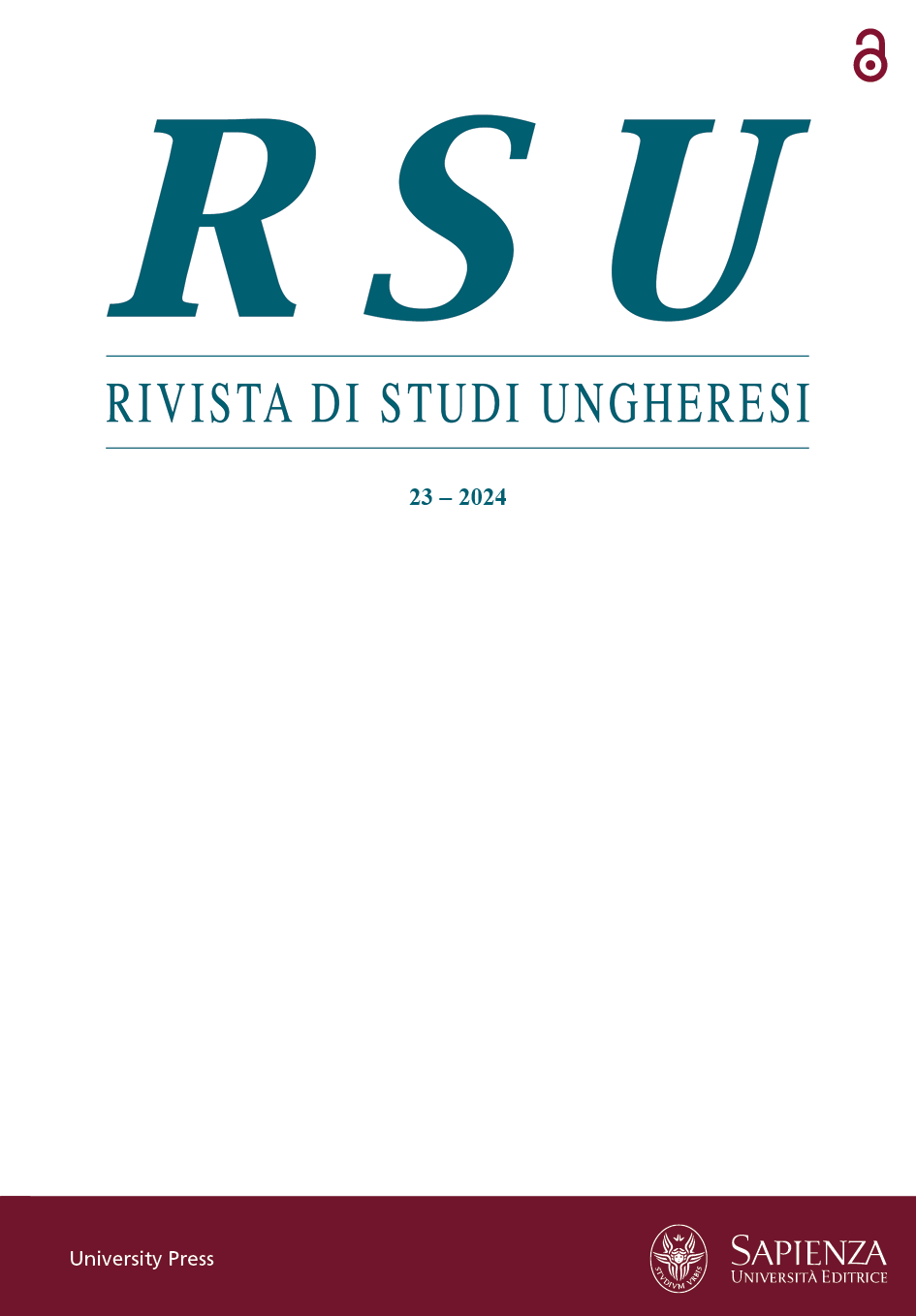Fiumanità di passaggio in Géza Kenedi e Lőrinc Szabó
DOI:
https://doi.org/10.13133/2035-7133/3108Keywords:
Geza Kenedi, Lorinc Szabo, Fiume, ethos, mare unghereseAbstract
This short essay is an excerpt from a master’s thesis titled «I could have reached the sea without them». Ethos and Literary Field in the Fiume Exiles. After a reflection on the Hungarian myth of Fiume and the political use the Hungarian Crown made of the concept of corpus separatum, the works of Géza Kenedi and Lőrinc Szabó are thorough. During the short time they visited the city, these authors were invested by the historical and mythical weight that characterizes Fiume. Géza Kenedi goes beyond a production apparently subjected to the rules of the Hungarian power field and identifies a form of devotion for a city and an ethos of freedom apparently lost forever. Lőrinc Szabó instead develops a form of ethos of memory, evoking between travel reports and poetry a feeling of profound belonging to the city and demonstrating how the boundaries of the literary field can always be crossed by those who choose to submit to the stakes active there. Moving away from Fiume as the “gateway to the sea” and from the narrative of the period of dualism as the city’s moment of maximum splendor, Kenedi and Szabó’s productions demonstrate their original independence, a sign of a “humanity of passage” invested with a sincere Rijeka ethos and rejecting the symbolic violence of the Hungarian government, interested in the political strength of the myth of the “Hungarian sea”.Downloads
Published
2024-12-30
Issue
Section
Lingua e letteratura ungherese e dell’Europa centro-orientale
License
Copyright (c) 2024 Nicolò Dal Bello

This work is licensed under a Creative Commons Attribution-NonCommercial-ShareAlike 4.0 International License.

